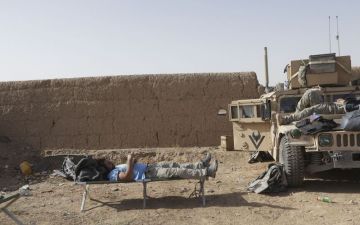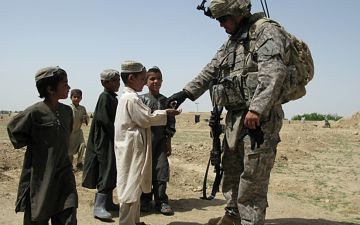Afghanistan: McChrystal ball
ARRIVING at the end of the deadliest month yet for American forces in Afghanistan and amid allegations of widespread vote-rigging in its recent presidential election, General Stanley McChrystal's review of the Afghan war comes at a gloomy time. In a strategic assessment this week, General McChrystal, the commander of American and NATO forces in Afghanistan, has described the situation on the ground as serious. He tempered his gloom by saying that the war is still winnable but argued that a new strategy is needed.



